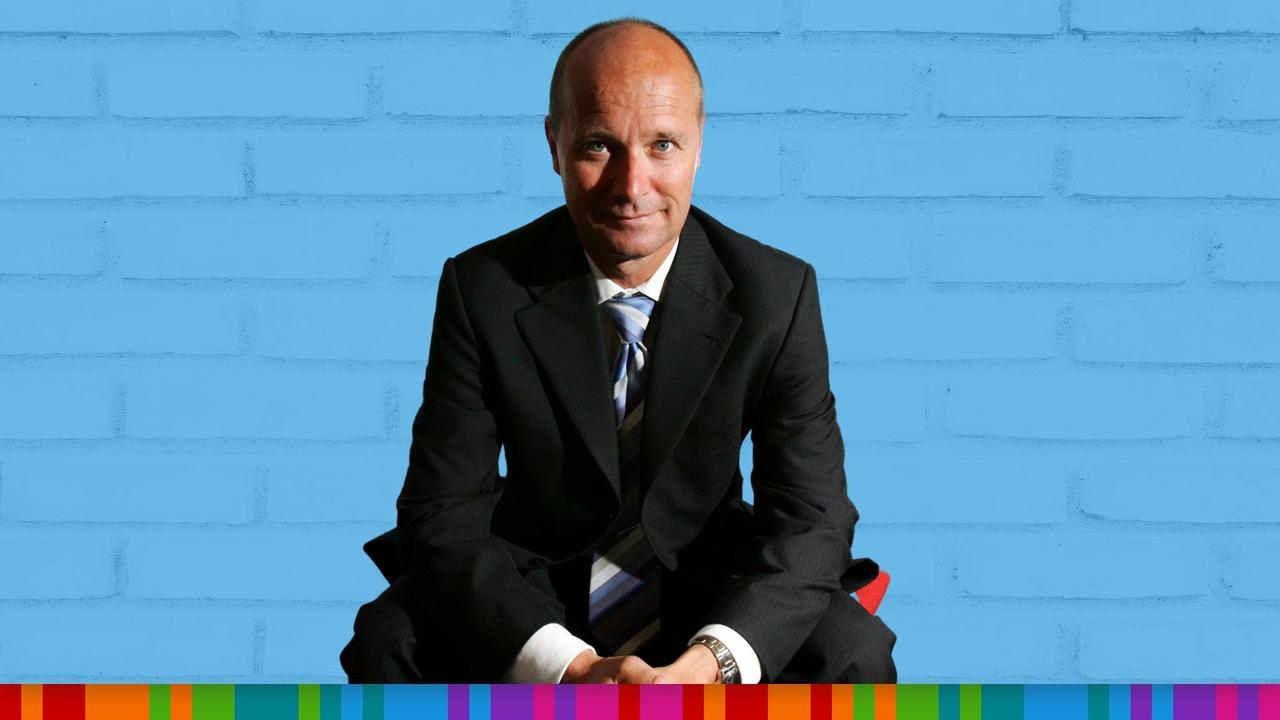Influencers facing $1 million fines in Aussie crackdown
New rules from ASIC mean that many financial influencer have to shut down, or face jail time and heavy fines.

Faced with a dismal cost of living and a future that is far from financially certain, Millennials and Gen Z have increasingly turned to the new type of influencer – the “finfluencers”. But now, new rules from ASIC might put an end to them.
In case you didn’t know, Finfluencers are content creators who share advice about money, budgeting and investing. That’s all great, except that most of them don’t have a financial services licence (AFS).

The new guidelines restrict unlicensed finfluencers from talking about stocks, investment funds or financial products. If they break the guidelines, they face up to five years in jail or fines of over $1 million.
“If you’re an influencer, and you’re providing financial advice … you’re required to have a licence. And if you don’t have a licence, then you need to be careful not to provide financial advice,” Australian Securities and Investments Commission’s executive director of market supervision, Greg Yanco, told the ABC.
So what can your favourite finfluencers speak about now that so many of them are restricted from giving advice?
“The safe areas of providing information are about what is a share, and what are the different types of investments you can make, without going to the stage of suggesting particular types of shares or, or investments would be wouldn’t be appropriate,” continued Yanco.
The same rules now also apply to AFS licensees who use influencers to promote their products. Those influencers can’t give any advice, even if the product or business they’re promoting holds an AFS licence – a huge blow to an industry that makes its money from paid advertisements.
Interestingly, the new rules don’t cover cryptocurrency or property, despite ASIC previously raising concerns about social media crypto scams.
Is this the end of finfluencers?
While there has never been a crackdown before, these laws have always existed, according to Glen James of My Millennial Money.

Unlike some other finfluencers (although he’s hesitant to take on the label), James is a retired financial adviser. As such he’s been aware of these laws for a long time.
“It’s not new to people who are in personal finance, it’s not new to financial advice circles — it’s not new,” he explained to news.com.au. “Finfluencers have been asking for guidance for some time.”
James further explained that the laws are relatively untested, so even when some finfluencers he’s heard of in the past have sought legal advice, the replies they receive are vague. He feels this move from ASIC was more about giving finfluencers a chance to pull their content in line before cracking down.
More Coverage
What’s more, there’s nothing really barring finfluencers from getting licenced if they wish to continue.
“There are two different types of AFS licenses,” he said. “The first is for giving personal advice and you have to study for it, but any of these finfluencers could pay to get the other one and give general advice. If you’re making money from giving financial advice, you should be getting licensed.”
So it’s probably not an end to most of your favourite financial influencers.





